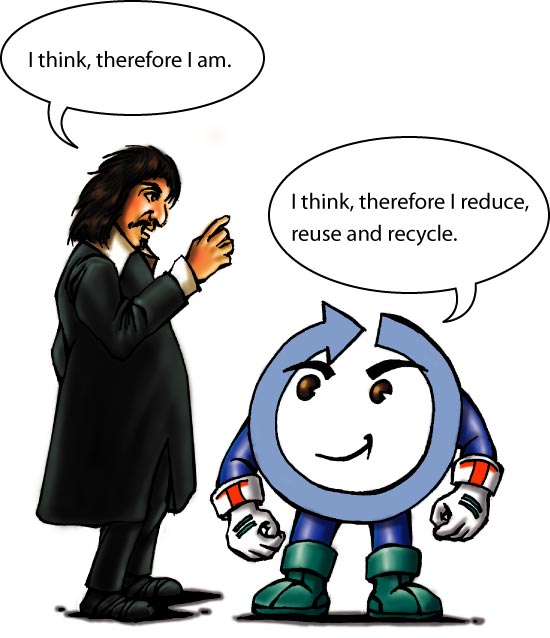Well, not exactly, but that is Enviroman's interpretation of this very sad report. The Millennium Ecosystem Assessment drawn up by 1,300 researchers from 95 nations over a period of four years concluded that human activities threaten the Earth's ability to sustain future generations. The report says the way society obtains its resources has caused irreversible changes that are degrading the natural processes that support life on Earth. The Millennium Ecosystem Assessment authors say the pressure for resources has resulted in a substantial and largely irreversible loss in the diversity of life on Earth, with some 10-30% of the mammal, bird and amphibian species currently threatened with extinction. Humans are damaging the planet at an unprecedented rate and raising risks of abrupt collapses in nature that could spur disease, deforestation or "dead zones" in the seas. If that is not cancer, than what is?
MORE
Professor Sir John Lawton, former chief executive of the UK's Natural Environment Research Council said, "there will undoubtedly be gainsayers, as there are with the IPCC; but I put them in the same box as the flat-Earthers and the people who believe smoking doesn't cause cancer."
Just as human cancer has a cure, so too this report offered some hope. Modelling of future scenarios suggests human societies can ease the strains being put on nature, while continuing to use them to raise living standards. It will require changes in consumption patterns, better education, new technologies and higher prices for exploiting ecosystems. Among the solutions suggested:
Abolition of production subsidies which imbalance world trade and in agriculture are blamed for overloading land with fertilisers and pesticides as farmers chase high yields.
Putting a value on "externalities" that are currently deemed to be "free".
Examples - airlines do not pay for the carbon dioxide they put into the atmosphere; and the price of food does not reflect the cost of cleaning waterways that have been polluted by run-off of agrochemicals from the land.
Thursday, March 31, 2005
Subscribe to:
Post Comments (Atom)

0 comments:
Post a Comment